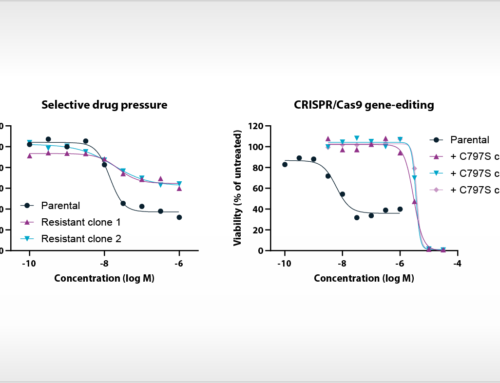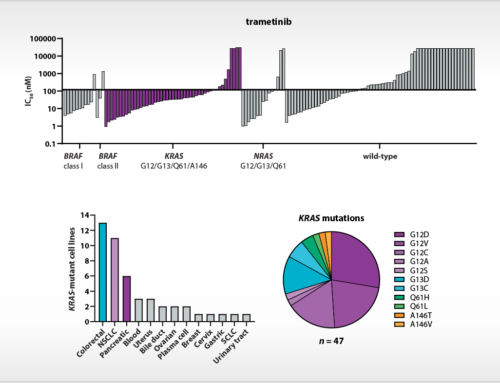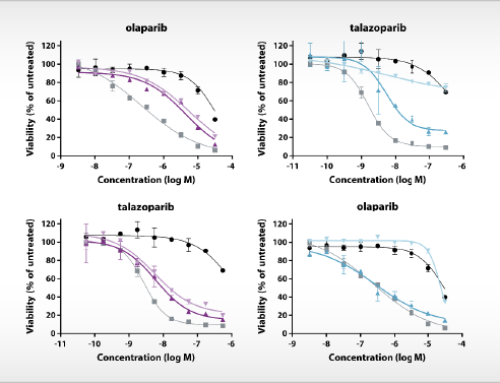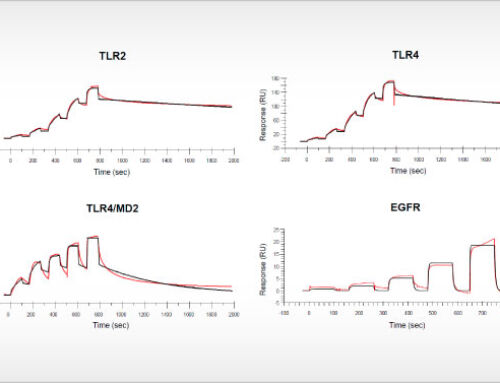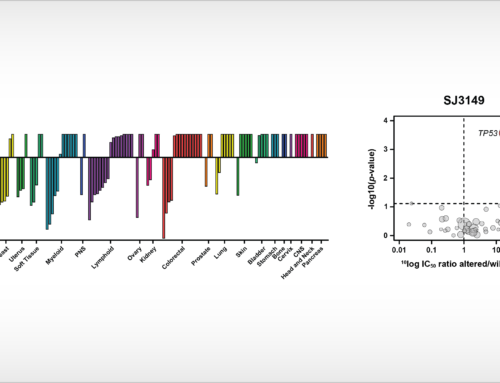Oss, April, 5th, 2018 –NTRC’s ResidenceTimer™ platform enables the determination of the binding kinetics of small molecule kinase inhibitors to their target enzymes. Advantages include: (i) the accurate determination of compound affinity and selectivity; and (ii) the characterization of inhibitor – enzyme interactions in the absence of substrates or co-factors. NTRC has developed ResidenceTimer™ binding assays for more than sixty different protein tyrosine, serine/threonine and lipid kinases. For the popular drug target BTK, four mutant proteins have been added to the portfolio. The BTK mutants correspond to mutations that have been identified as resistance mutants in patients treated with ibrutinib (Imbruvica®) and are T316A, T474I, T474S and C481S. Several companies are developing novel classes of BTK inhibitors that overcome ibrutinib resistance (Figure 1). ResidenceTimer™ assays can be run with activated and non-activated forms of the mutant proteins. Turn-around time is two to three weeks, depending on the number of compounds tested.
Figure 1: Comparison of the binding of ibrutinib (red) and GDC-0853 (blue) to BTK mutated at residue cysteine 418 (BTKC418S). The C418S mutation in BTK underlies the most common mechanism of ibrutinib resistance in the clinic. Overlay of graphs are shown of two single cycle kinetics experiments.
Literature reference
[1] Willemsen-Seegers et al. (2017) Journal of Molecular Biology 429, 574-586
[2] Uitdehaag et al. (2017) Journal of Molecular Biology 429, 2211-2230
About NTRC
NTRC is a precision medicine company dedicated to the development of new anti-cancer drugs. NTRC facilitates the development of novel therapies by providing cancer cell line profiling services, target residence time measurements, and immune oncology assays on a fee-for-service basis. For more information please visit www.ntrc.nl/services or contact services@ntrc.nl



